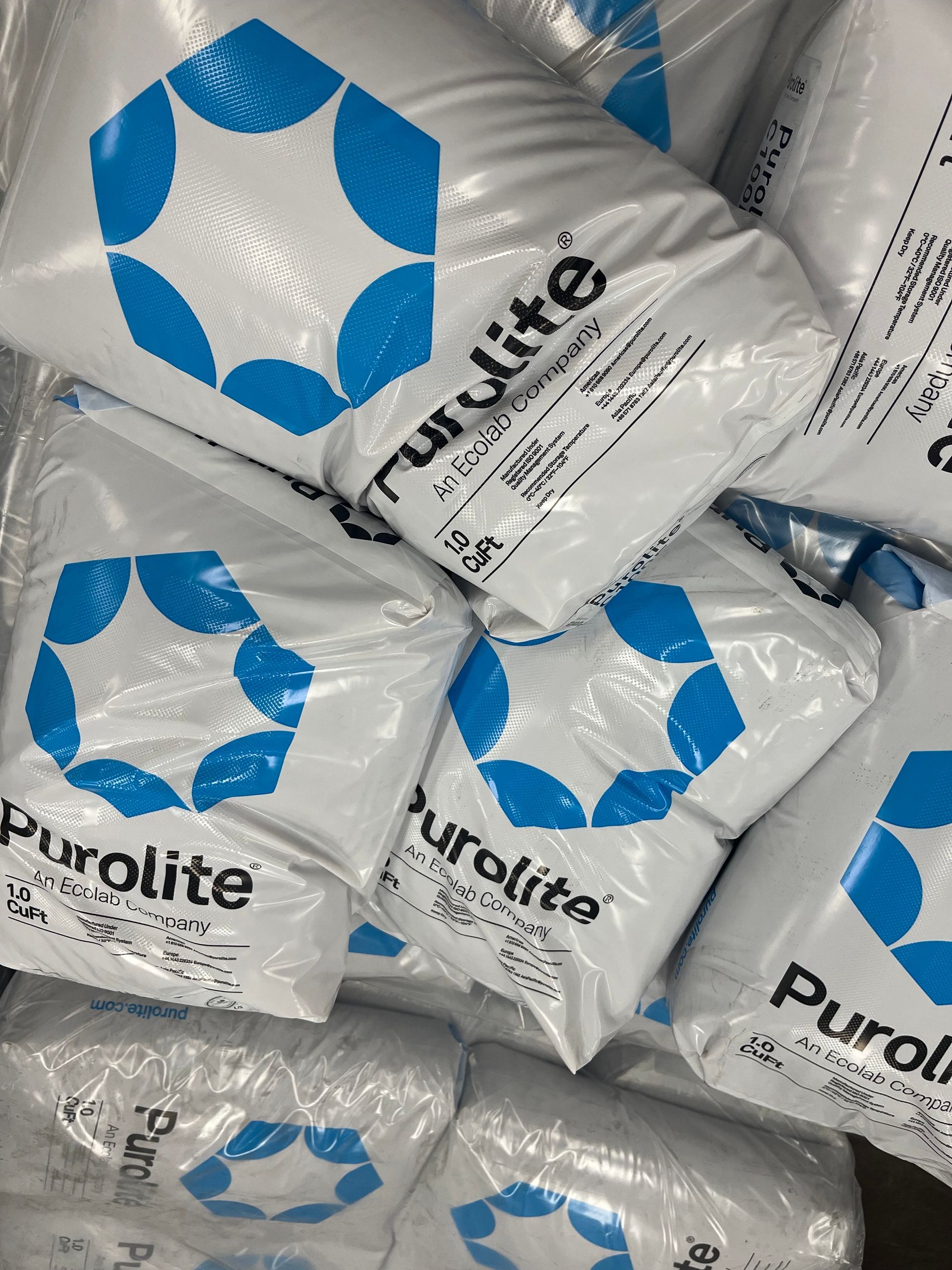Earlier this year, BIC Publications printed an article highlighting Sparkling Clear Industries’ water softener solution for a Texas chemical plant. Through our resourceful thinking and expertise in our field, we were able to solve a major problem for an affordable price, saving the company’s owners both precious time and money; through our efforts to always put our customers first, Sparkling Clear Industries has garnered a reputation as the most distinguished and trusted air and water filtration company in the Houston area.
Read the article and sterling review we were given below:
Sparkling Clear Industries has provided air and liquid filtration products for over 40 years and prides itself in solving all customer problems.
Several years ago, Sparkling Clear Industries (SCI) saw a new opportunity in the Filtration Equipment Market. Dan Johnson, General Manager of SCI, began seeing more interest from customers in renting equipment for longer periods of time. Historically, customers were interested in rental equipment during a turnaround or for some type of emergency and the rental periods were generally short.
Joe Crocker, SCI-Clute Sales Manager, recently had a chemical plant requiring a temporary water softener during a turnaround in which their existing softener was to be repaired. As the project unfolded, existing system could not be repaired before the plant was restarted. SCI was asked to supply a 500 GPM continuous flow softener and have it operational within three (3) weeks. The deadline was met and, after three months, the customer determined they would require the system for a year. Another customer rented a multi-round bag filter system for a trial. The filter performed so well in their process, the customer decided to purchase the system. During this same time period, a third customer was feeding sodium bisulfite in front of their reverse osmosis system and was experiencing premature membrane failure. SCI installed a rental carbon filter and the customer discontinued using the chemical feed. One year later, the customer purchased the rental system.
“Stories like this prompted SCI to aggressively increase our Rental Filtration Equipment ,” states Ed Wasser, SCI President. “Most of the new equipment is larger and can handle much higher flow rates. Today, we have over 150 pieces of rental equipment in service in Southeast Texas.”
The rental program allows SCI to keep a plant running while their team works to refurbish an existing filter. It also allows customers alternatives to making capital expenditures. All SCI Technicians are Lock Out/Tag Out trained and CSE trained, as well as Basic Plus and Site Specific trained.
The rental program really plays to the SCI mantra of “We’ve got you covered”. When it comes to filtration and related products, the goal has been to be the “go to guys.” Many times, emergency filtration is a make or break issue for their customers.
Johnson feels the company’s “single source” approach separates SCI from the competition. “We can offer our customer Engineered Systems, Rental Systems, serviced by certified technicians. In addition we stock air and liquid replacement filters where we can cross reference 250 brands and over 500,000 part numbers and we have the largest inventory of filtration media in the area.”
Crocker says, “The confidence our customers have in us drives us to improve and recently it was one of our customers that suggested we stock ceramic ball support media. Our relationship with our customers becomes more of a partnership, built on trust. They tell us they need something and we get it for them at a fair price.”
Contact us with all your water softener needs:
With a recent influx in public activity in BIC Publications after their brilliant water softener solution, as well as a publicity agreement with product line and supplier All-Flo Pumps, Sparkling Clear Industries has proven time and again that they are the premier in the water and air filtration industry. If you’re in need of air or water filtration solutions for your chemical plant problems, or otherwise, call us at (713) 956-8900 or email us and let’s get started today.
The post Water Softener Solution for Chemical Plant appeared first on Sparkling Clear.
Share this Post!




